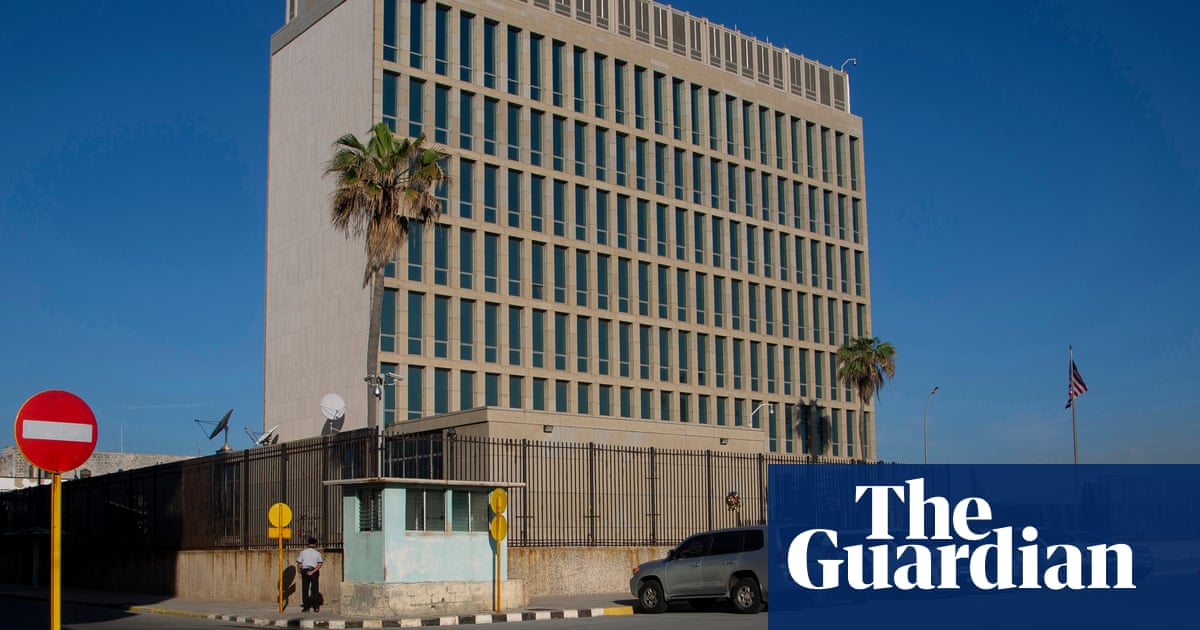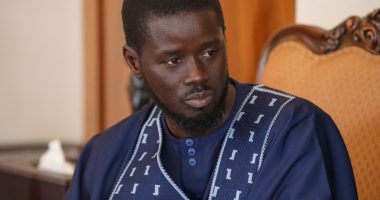
Two new medical studies have found that US government officials suffering from Havana syndrome symptoms did not show any discernible physical damage or alteration.
One of the studies published on Monday by the federally funded National Institutes of Health (NIH) examined brain imaging, while the other looked at blood biomarkers and clinical assessments of hearing, vision, hand-eye coordination, cognitive ability and balance.
Neither study, published in the Journal of the American Medical Association, detected any significant differences between a control group, and about 80 current or former US government officials suffering from a cluster of symptoms, often debilitating, known as Havana syndrome, named for the site of the first recorded cases among diplomats and intelligence officials in 2015.
Since then, hundreds of cases have been reported, mostly among US officials posted abroad, leading to theories that they had been targeted by a hitherto unknown weapon using directed energy of some sort wielded by a hostile power. Official studies and statements on what the government has called “anomalous health incidents” (AHIs) have given varying assessments on the probability such a weapon was involved.
A lawyer for several of the Havana syndrome patients said that the tests did not say anything new about the phenomenon and alleged that the way the studies were conducted raised ethical questions.
The NIH neuroimaging study found that “there were no significant differences in imaging measures of brain structure or function between individuals reporting AHIs and matched control participants after adjustment for multiple comparisons.”
It added however: “That this study did not identify a neuroimaging signature of brain injury in this AHI cohort does not detract from the seriousness of the clinical condition.”
Havana syndrome symptoms have included intense prolonged headaches, dizziness, nausea and fatigue, in some cases making it impossible for sufferers to continue working.
The second NIH study reported “there were no significant differences between individuals reporting AHIs and matched control participants with respect to most clinical, research, and biomarker measures, except for objective and self-reported measures of imbalance and symptoms of fatigue, post traumatic stress, and depression.”
Mark Zaid, a Washington DC-based lawyer representing several Havana syndrome sufferers said the studies offered “very little new substantive results”.
“Of course, the absence of evidence is not evidence and these studies therefore do nothing to undermine the theory that a foreign adversary is harming US personnel and their families with a form of directed energy,” Zaid said in a statement.
He added that he had ethical concerns with the NIH studies, including the extent to which they were truly voluntary.
“Several of my clients were told they had to participate in the study if they wanted to receive medical treatment for their injuries, a significant faux pas in a medical arena that promotes informed consent,” he said.
Read More: World News | Entertainment News | Celeb News
Guardian








